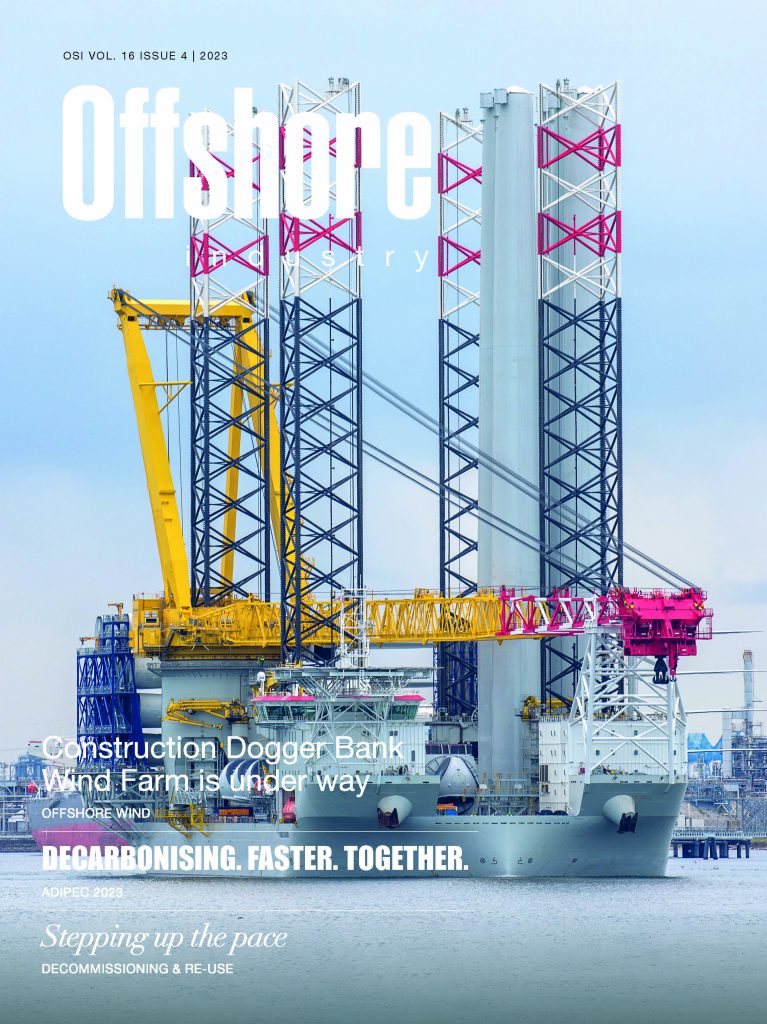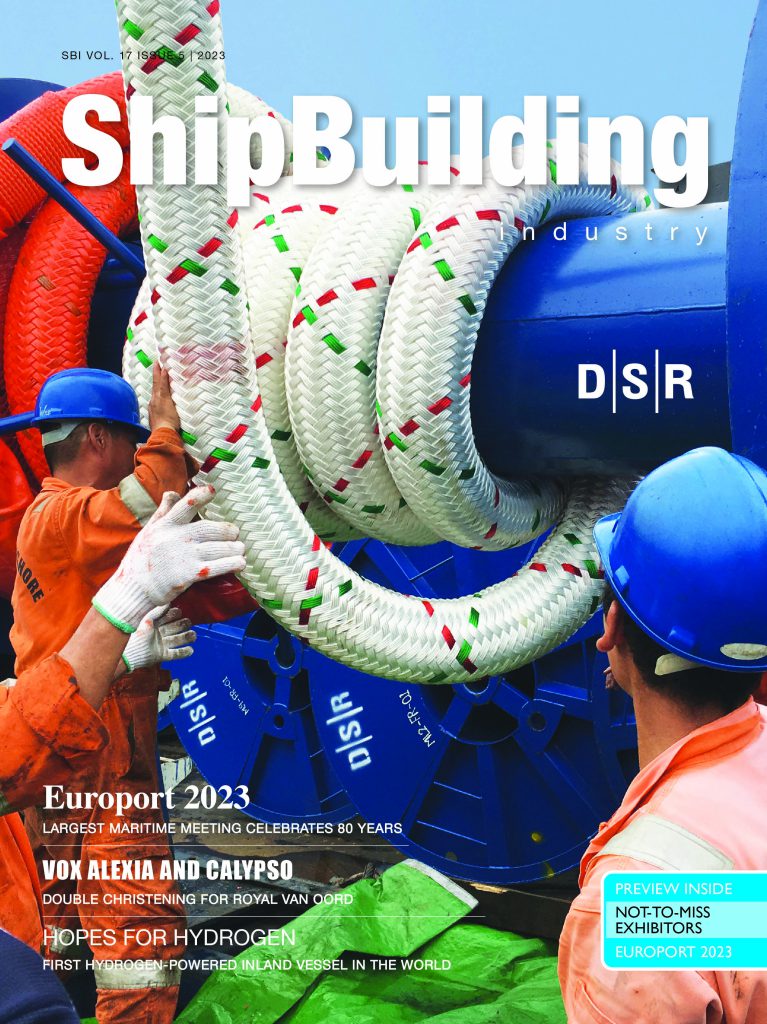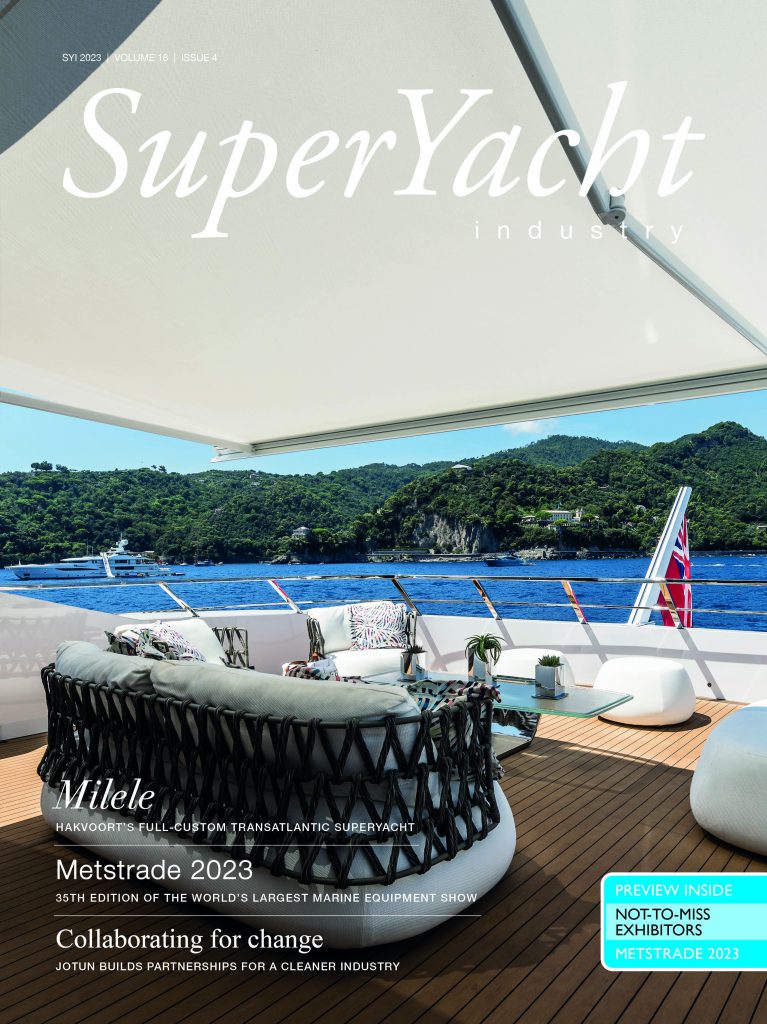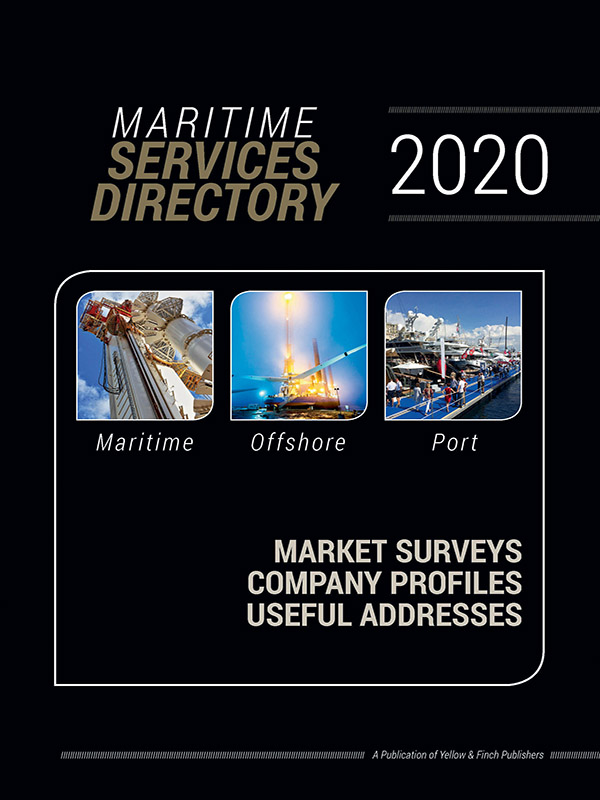‘FLAGSHIP’ Reduction Of Emissions And Congestion
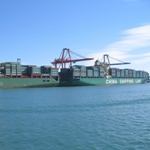 FLAGSHIP, a part EU-funded maritime transport project, has successfully implemented the first real-time optimisation system targeting congestion in container terminals. The system, FLAGSHIP-RTS was trialled at the Port of Valencia and plans transport resources, container repositioning movements and inventory levels simultaneously, using a real time scheduling model, reducing both air pollution and congestion.
FLAGSHIP, a part EU-funded maritime transport project, has successfully implemented the first real-time optimisation system targeting congestion in container terminals. The system, FLAGSHIP-RTS was trialled at the Port of Valencia and plans transport resources, container repositioning movements and inventory levels simultaneously, using a real time scheduling model, reducing both air pollution and congestion.
FLAGSHIP-RTS allows the terminal operation to be re-optimised dynamically throughout the day enabling both air pollution and congestion to be significantly reduced, as well as generating substantial savings for logistics operators and customers. It has been designed and developed as a management tool for terminal operators, freight forwarders, ship operators and container logistics providers and delivers commercial, environmental and social benefits.
Less Empty Mileage
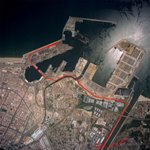 Trialled with China Shipping (Spain) and Port of Valencia the reduction in wasted container handling operations in the terminal not only greatly improved efficiency but led to less congestion and increased safety in the terminal. Trucks and containers did less empty mileage leading to lower carbon dioxide emissions and improving the effective capacity of haulage fleets; reducing both their operating costs and their impact on the environment. FLAGSHIP-RTS also had a positive impact on the area surrounding the terminal reducing noise pollution, easing congestion and speeding up road traffic in the terminal vicinity. The smoother flow of traffic in and out of the terminal allows cranes and handling equipment to be used more efficiently and safely.
Trialled with China Shipping (Spain) and Port of Valencia the reduction in wasted container handling operations in the terminal not only greatly improved efficiency but led to less congestion and increased safety in the terminal. Trucks and containers did less empty mileage leading to lower carbon dioxide emissions and improving the effective capacity of haulage fleets; reducing both their operating costs and their impact on the environment. FLAGSHIP-RTS also had a positive impact on the area surrounding the terminal reducing noise pollution, easing congestion and speeding up road traffic in the terminal vicinity. The smoother flow of traffic in and out of the terminal allows cranes and handling equipment to be used more efficiently and safely.
Saving Transport Costs
Julian Stephens, Technical Development Manager at MJC² said: “The system has shown that it is capable of reducing wasted repositioning movements by up to 25% while saving 10-20% of transport costs through improved planning and faster response times. Furthermore, the project has enhanced business efficiency as well as the quality of life for those living and working in the area.” Mr Herman de Meester, Coordinator of FLAGSHIP commented: “The shipping industry always works hard to meet and exceed performance standards. FLAGSHIP is a fine example of the industry collaborating to deliver best practice and pushing back the performance frontiers in order to turn the exceptional into accepted norm. FLAGSHIP-RTS was a well-planned and well executed project with great potential for wider use.”
FLAGSHIP
FLAGSHIP is a consortium of more than forty European maritime organisations taking part in a part EU-funded project the focus of which is on improving safety, environmental friendliness and competitiveness of European maritime transport. The project was designed to further increase the capacity and reliability of freight and passenger services and to further reduce the impact from accidents and emissions. The emphasis of the project is on on-board systems and procedures, ship management systems on shore, impact of new technology on present ship-, owner- and operator organisations, effective and efficient communication interfaces and impact of standards and regulations.
Led by MJC² Limited in the UK, FLAGSHIP-RTS was supported, delivered and trialled in conjunction with five Spanish organisations including the Port Authority of Valencia (Spain), China Shipping (Spain) Agency, Ingenieria de Sistemas para la Defensa de España SA, Spanish Depot Service SA and Trans-Base Soler SL.



